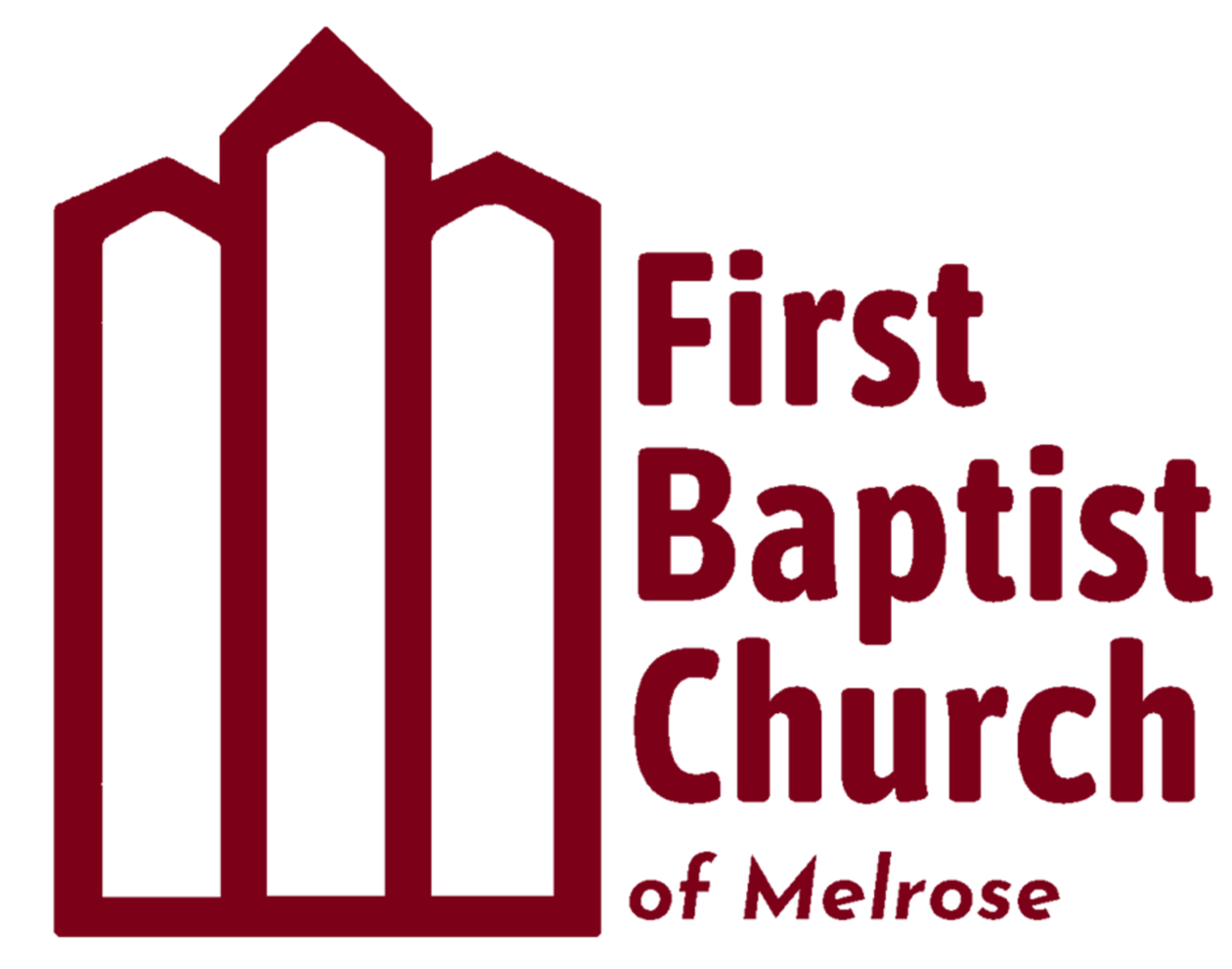Choose Generosity
Imagine standing before your Creator. Your days in this life are exhausted, and before entering eternal glory, you come before God. Holding a huge ledger, the Almighty fiddles with a pen as he checks the good and circles the bad. Flip, flip go the pages. Some checks here. Some circles there. His head toggles back and forth in evaluation, and then after a notable pause, God clears his throat before offering an evaluation: “Hmm. Some positives here and some negatives there. But … what really disturbs me is your generosity. What behooved you to be so generous? You should have hoarded your resources – hidden them away to rot. Or at worst, you could have given it away to your closest friends and family. But no, not you. You gave away things here, there, and everywhere. Very disappointing. Very.” God then takes the pen and begins long, exaggerated slashes upon page after page.
Admittedly, the above paragraph has some inaccuracies. As Christians, we are fully forgiven. God does not weigh our good against the bad. And if God did, who could endure?
With this acknowledgement, the silly story points toward a possible truth – we lack generosity. We tend to hoard our resources (time, knowledge, experience, money, wealth, and goods) and sprinkle them here and there, but certainly not everywhere. We are overflowing with the most reasonable of reasons for our parsimony: I might need it later; the recipient will not appreciate the gift; I do not want to enable another person’s laziness; my family member could use it; my plans might change; emergencies could happen; I am too busy now but maybe later; etc. Further, we rationalize our approach: “I am just frugal … cautious … thrifty … prudent … judicious … sensible … or pennywise.”
When Jesus visited the temple, he watched the people who gave their offering. The wealthy dropped their coins with noticeable clanks, thuds, and dings. Jesus said nothing. Then, a widow entered who would not be described as frugal, cautious, thrifty, prudent, judicious, sensible, or pennywise. She deposited two coppers with the softest clink, clink. These coins were practically worthless, and quite frankly, made no difference to the temple’s treasury. Yet, Jesus, upon seeing the women’s gift, responded accordingly,
Calling his disciples to him, Jesus said, “Truly I tell you, this poor widow has put more into the treasury than all the others. They all gave out of their wealth; but she, out of her poverty, put in everything—all she had to live on.” (Mark 12.43-44)
Jesus provides a difference on the amounts being donated. Typically, we measure giving based upon comparison to others. The large amounts are larger relative to a lesser amount. Accordingly, an extremely wealthy person who gives sparingly, still donates significantly more than the poor person who gives liberally. Jesus, however, offers another comparison: He compares the amount given to the amount available. When a widow donates two worthless coins, which happens to represent the full extent of her personal wealth, Jesus lauds her generosity. For him, the percentage is far more important than the amount.
To replicate the widow, should we give away everything? From a practical standpoint, that seems unwise. We can, however, replicate the widow’s pattern of giving. As Jesus states, “She gave out of her poverty.” She gave not from her surplus but from her needs. We can do the same. Instead of giving from our excess, we can give from our requirement. Generosity, according to Jesus’ standard, means every action is accompanied by this inherent question: “Now, who will provide for me?”
As we consider our generosity, please note, a generous spirit goes far beyond financial wealth. We can generously give our time, knowledge, experience, money, wealth, and goods. Additionally, generosity extends well beyond the church. Our generosity should extend to our neighbors, strangers, family, and worthwhile causes.
As God has blessed us, let us do likewise. Let us bless others.
